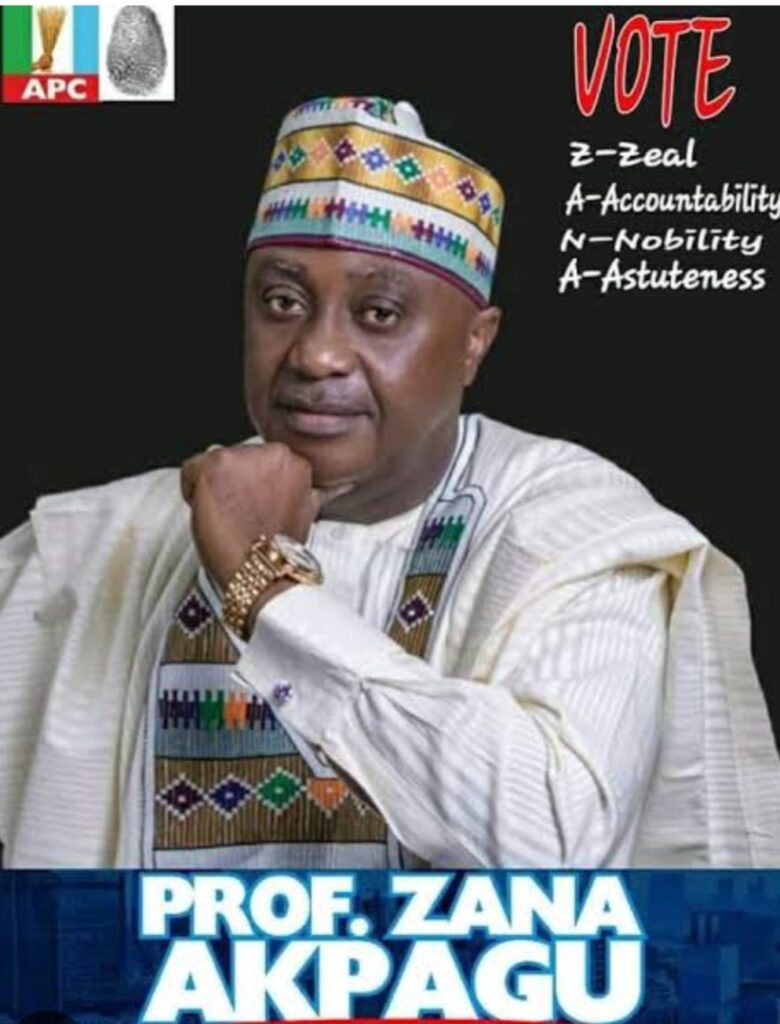
Professor Zana Akpagu’s recent political decision is far from a mere quest for the OBO Federal Constituency ticket. It is a deeply symbolic move that speaks volumes about Nigeria’s current political landscape. In an era where President Tinubu appears intent on engineering a one-party state, bolstered by electoral controversies and a refusal to embrace free, fair, and credible elections, Akpagu’s move is both strategic and courageous.

President Tinubu, having lost his own state despite decades of political dominance, seems determined to secure a 2027 re-election bid uncontested. To achieve this, elements within the opposition have been co-opted and compromised, weakening parties like the PDP and the Labour Party. This calculated infiltration has emboldened APC politicians with low electoral appeal, who now view the APC platform as a safe haven, banking on the absence of viable challengers.

Amidst this siege on Nigeria’s democratic institutions, a few brave individuals stand out, those who refuse to let tyranny take root. Professor Zana Akpagu is one of them.
Born on August 26, 1966, Zana Itiunbe Akpagu is a distinguished academic and professor of language. He served as the 10th substantive Vice-Chancellor of the University of Calabar, succeeding Professor James Epoke. Following his tenure, Akpagu joined the All Progressives Congress (APC) and sought the party’s Senate ticket after the death of Senator Rose Oko. However, the ticket was controversially awarded to Barrister Joe Agi (SAN), setting off a chain of political fallout.
Today, Akpagu’s decision to align with the troubled People’s Democratic Party (PDP) reflects exceptional political bravery. He understands that true political victory stems not from autocracy, but from the will of the electorate, a concept President Tinubu seems uncomfortable with. As the Nigerian judiciary comes under intense scrutiny ahead of party conventions, many fear that attempts will be made to plant APC loyalists within rival parties, effectively sabotaging any credible challenge to the ruling party. But such a manipulation, in a nation as diverse and politically conscious as Nigeria, would be soundly rejected as a slide toward dictatorship.
Tinubu may believe he is too powerful to be challenged, forgetting that no Nigerian president has been powerless. What has always mattered is how much they value the lives of ordinary Nigerians.
In switching allegiance to the PDP, Professor Akpagu has achieved a psychological triumph. He is keenly aware of his strength and standing. His tenure in academia proved to the people of OBO and Northern Cross River that he is more than capable of serving in political office. His brilliance, empathy, and selflessness need no introduction, only a reminder of the values he embodies: compassion, generosity, and a genuine commitment to public service.

